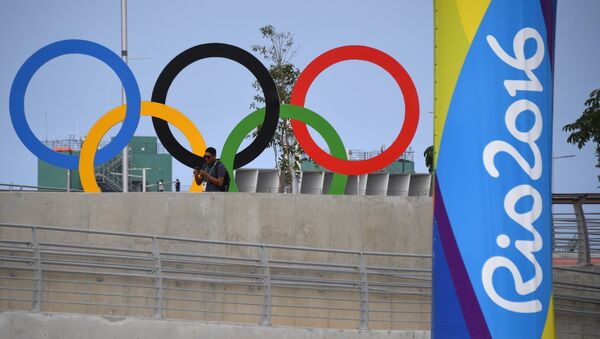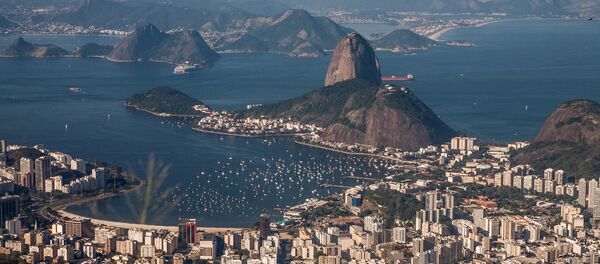Countries which organize such huge championships ultimately gain much less money than they spend on them, the article said.
"Despite promises that the contest will be mostly paid for by private businesses, in the end, the state pays the majority of the bill for events such as the Olympics," the newspaper wrote.
The huge costs of the Olympic Games will be another blow to the country's economy. The Brazilians themselves argue that the Games have taken a toll on the poorest segment of the population.
According to Aftenposten, in a country with such a huge difference between rich and poor, there are many other and better ways to spend billions of dollars. The argument of "new jobs" often used by politicians, construction companies and other supporters of the Olympic Games, doesn't actually work.
"These are temporary jobs, and the money could have been used in a better way," the newspaper wrote. "Moreover, in many places the work was dangerous (dozens of workers got killed at work), and some construction companies forced people to work in slave-like contracts," the article noted.
The newspaper also slammed the IOC for corruption, saying that only a deep reform of this institution can changed the sporting competition for better.
"The solution lies in the reform of the IOC and the Olympic Games. The IOC should receive less money, make the selection process more transparent and pay more attention to sports, rather than the money turnover," Aftenposten noted. When it comes to the selection process, bribes here are probably the rule, rather than exception," the article said.
"Alcohol consumption has long been prohibited in the sports arenas of Brazil, but during the Olympics this law has been canceled because one of the IOC sponsors is a beer producer," the article said.
German financial analyst Jörn Quitzau also partly agrees with the critics of the Olympic Games, saying that such events often turn out to be much more expensive than expected.
He cites Athens and Beijing as examples where "there were a lot more money spent than originally planned," as reported by Deutsche Welle.
However, at the same time, Quitzau argues that the Olympic Games still can have a lot of positive effects in economic terms.
"On the national level, they have little or no value; on the regional level they provide some momentum for individual industries; and for some enterprises they are extremely important," the expert said.
Main beneficiaries in this case are businesses involved in tourism — catering and transport companies, retail trade, security businesses and hotels, he added.
The 2016 Summer Olympic Games in the Brazilian city of Rio de Janeiro will take place on August 5-21. August 4, 5, 18 and 22 have been declared holidays in the city.
Earlier, Moody's Investors Service said that the economic conditions in Brazil have stabilized but will remain weak until 2017 due to the economic decline and political uncertainty. It also stated that the country's economy is unlikely to get relief as commodity prices will probably stay weak.





